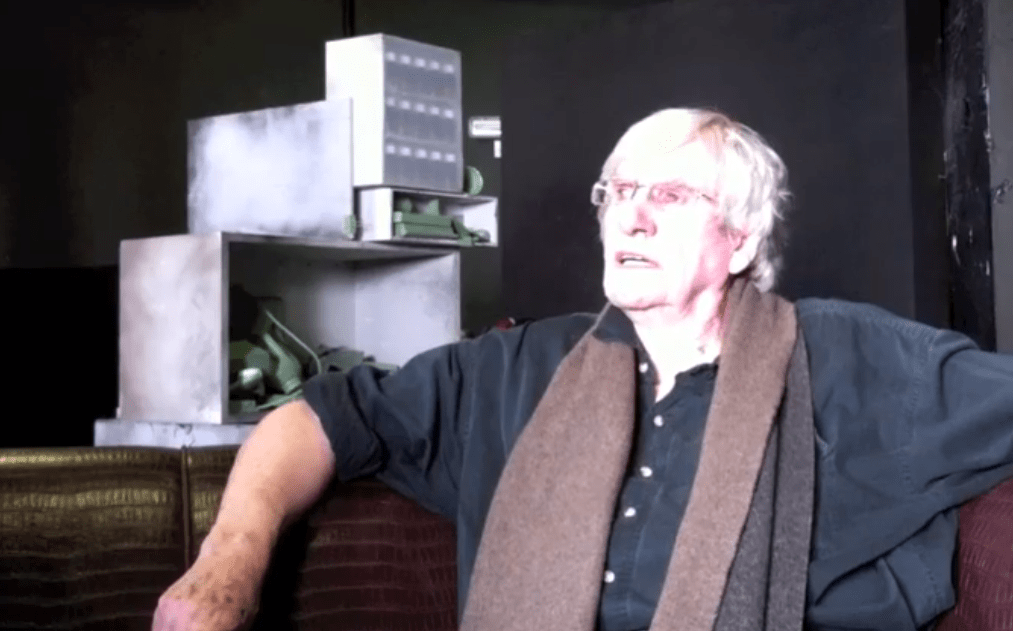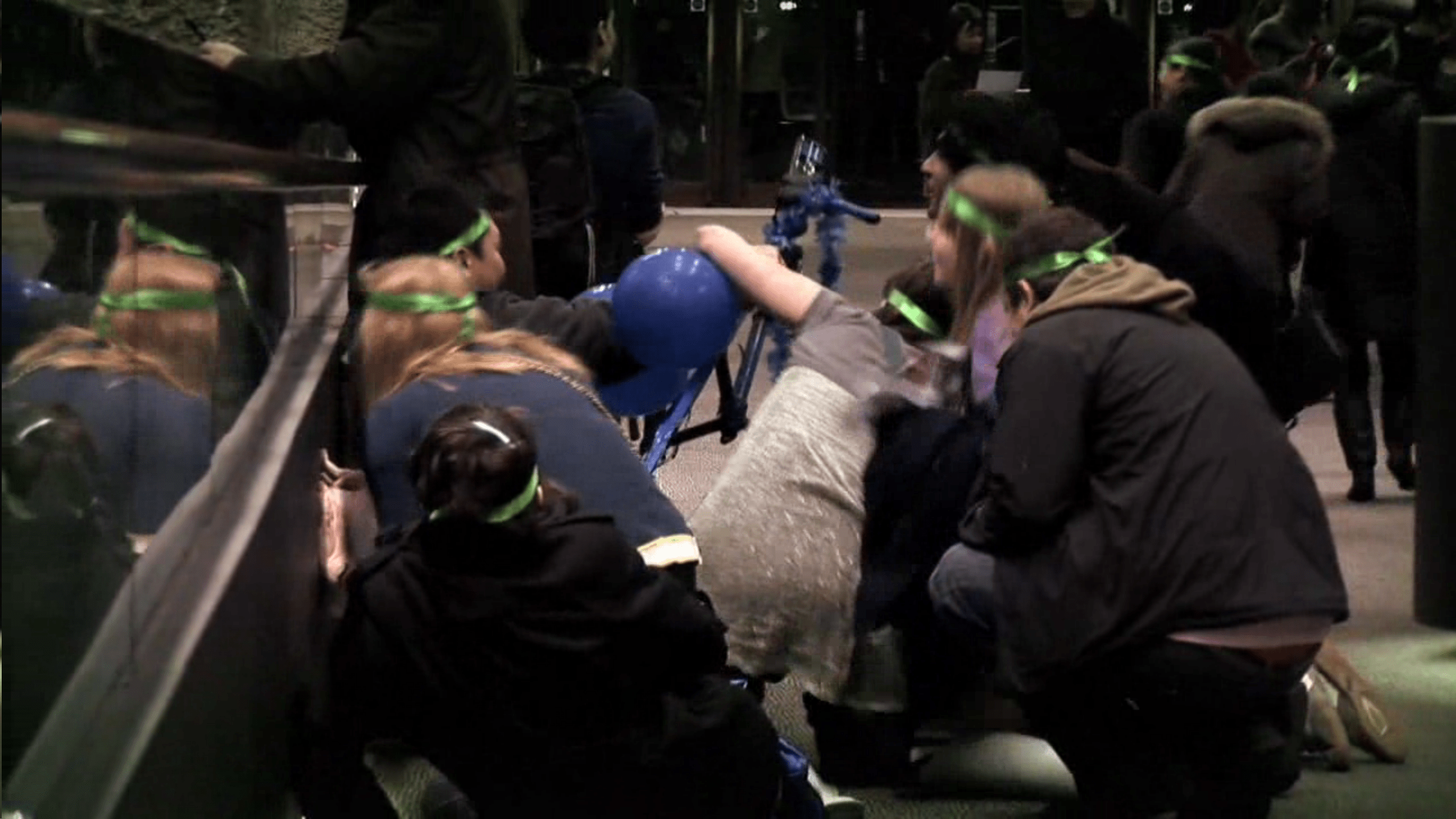Insights
A journal by Jakob la Cour
This space is my ongoing journal – a stream of reflections, fragments, and transmissions from the edge of my artistic practice. Here I share glimpses of process, philosophical notes, and field observations from the intersection of contemporary mysticism, interactive technology, and participatory performing arts. Some entries are raw. Others are refined.
-
Rider Spoke by Blast Theory

Rider Spoke is a work for cyclists combining theatre with game play and state of the art technology. The project continues Blast Theory’s enquiry into performance in the age of personal communication. Developing from works such as Uncle Roy All Around You (2003) the piece invites the audience to cycle through the streets of the city, equipped with a handheld computer. They search for a hiding place and record a short message there. And then they search for the hiding places of others.
The piece continues Blast Theory’s fascination with how games and new communication technologies are creating new hybrid social spaces in which the private and the public are intertwined. It poses further questions about where theatre may be sited and what form it may take. It invites the public to be co-authors of the piece and a visible manifestation of it as they cycle through the city. It is precisely dependent on its local context and invites the audience to explore that context for its emotional and intellectual resonances.
In keeping with much of the group’s work Rider Spoke has a high threshold for the audience: you must be willing to cycle, alone at night, through the city. And this sets the stage for a very personal and intimate form of participation. Instead of “User Generated Content”, the artists’ have approached the project as inviting “Publicly Created Contributions”.
-
Staged street by Mariano Pensotti

-
Keith Johnstone

Keith Johnstone is a drama instructor whose teachings and books have focused on improvisational theatre and have had a major influence on the art of improvisation.
In the course of his instruction, he would tell his students, “Don’t concentrate,” “Don’t think,” “Be obvious,” and “Don’t be clever!” His unorthodox techniques opened his students’ imagination and spontaneity.
To understand the Mask it’s also necessary to understand the nature of trance itself.
– Kieth Johnstone, 1979
We ‘read’ the body, and especially the head-neck relationship, but we experience ourselves as reading the Mask.
– Kieth Johnstone, 1979
